What’s the Secret to Bill Gates’ Incredible Private Wealth?
"[I]magine a world where everyone could make as many copies as they liked of Windows, Microsoft's Office Suite and any other software at no cost," writes economist Dean Baker.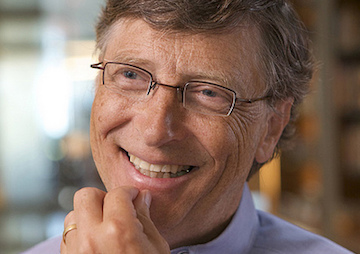 Microsoft co-founder Bill Gates. (OnInnovation / CC BY-ND 2.0)
Microsoft co-founder Bill Gates. (OnInnovation / CC BY-ND 2.0)
Microsoft co-founder Bill Gates. (OnInnovation / CC BY-ND 2.0)
We tend to take the wealth of the rich for granted, like a fact of nature. But the development of widely usable technology alone didn’t make Microsoft co-founder Bill Gates rich. Government-made and -enforced copyright protections did. And in a world without them, we might not know his name.
Economist Dean Baker writes at Truthout:
If that sounds strange, imagine a world where everyone could make as many copies as they liked of Windows, Microsoft’s Office Suite and any other software at no cost. They would only have to send Bill Gates a thank you note, if they felt like it. Bill Gates is undoubtedly a very smart and ambitious guy, but in a world without copyright protection, it is highly unlikely that he would be the world’s richest person.
This point may be simple and obvious, but it seems to have been lost on most of the people arguing about inequality. In these discussions we hear continual expressions of concern over how technology is behind the massive upward redistribution of income we have seen in the last four decades. This upward redistribution is usually treated as an unfortunate fact of nature. Even if we don’t like to see the rich continually get richer at the expense of the rest of society, what can we do, stop technology? A little serious thinking could go a long way.
The story of Bill Gates’ copyright protection, along with patent protection for prescription drugs and all sorts of other things, are a big part of the story of inequality. The key issue is that these protections are created by the government. They don’t come from the technology. It is the protections that make some people very rich, not the technology.
—Posted by Alexander Reed Kelly.
Your support matters…Independent journalism is under threat and overshadowed by heavily funded mainstream media.
You can help level the playing field. Become a member.
Your tax-deductible contribution keeps us digging beneath the headlines to give you thought-provoking, investigative reporting and analysis that unearths what's really happening- without compromise.
Give today to support our courageous, independent journalists.

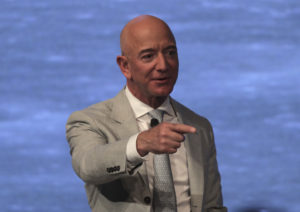
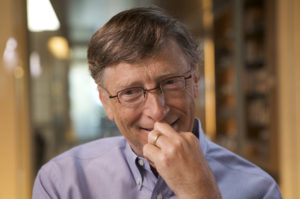

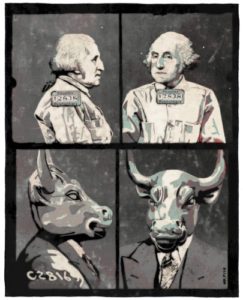
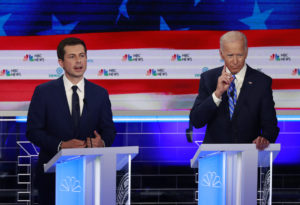
You need to be a supporter to comment.
There are currently no responses to this article.
Be the first to respond.